EDITORIAL: In the Transparency International’s latest Corruption Perceptions Index, Pakistan is ranked at 136th place among 180 countries, highlighting the endemic nature of financial wrongdoing in this country.
Civil service officials vested with the authority to oversee administrative matters and/or manage development projects involving public money usually are susceptible to corruption.
As part of its reform agenda the IMF has demanded that civil services officials in BPS 17 to 22 declare their assets along with those owned by their family members. Apparently, reluctant to take that step the government had asked the lender for some more time, but was told to get its act together.
At a meeting presided by Prime Minister Shehbaz Sharif, the federal cabinet approved on Wednesday the proposed amendment to Section 15 of the Civil Servants Act 1973. Although under the existing law civil servants were required to reveal their assets to the Federal Board of Revenue, neither the officers nor the FBR took it seriously.
The IMF now wants to further strengthen the anti-corruption mechanism. This can only be welcomed.
The proposed amendment, expected to be enacted before the end of this month, is to make it mandatory for bureaucrats to provide details of their assets, including those owned by their spouses and children in Pakistan as well as any investments and properties they might have in other countries.
The declarations are to be digitally filed and made accessible to public reportedly, though, with ‘sufficient safeguards’ for data protection and privacy of personal information, say press reports.
Access to information and officials’ protection of privacy cannot be compatible at the same time. There is a strong argument for making such asset declarations available for scrutiny by civil society members and the media. As watchdogs of public interest they would be better placed to spot and expose any falsehoods in asset disclosures.
Transparency and accountability in exercise of authority should apply to all holders of public office. So far, only politicians in the legislative and executive branches of the state are required to declare their own and dependents’ assets as well as income tax returns.
It is worth noting that this information is not subject to privacy restrictions. Also, the judiciary and military have been resistant to any suggestion to do likewise, claiming they have their own internal accountability systems. That holier than thou attitude does not cut much ice with the public.
As a matter of fact, the various international corruption scandals that erupted during the recent years included names of Pakistanis from different sections of society. It is only fair therefore that all bureaucrats whether in civvies or uniform should submit to similar assets declaration legislation.
What is required of the former should also be binding for the latter as well as those entrusted with administering justice.
Copyright Business Recorder, 2025







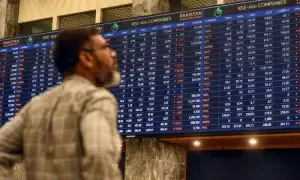
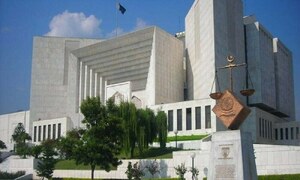





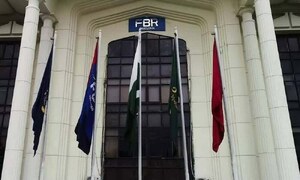

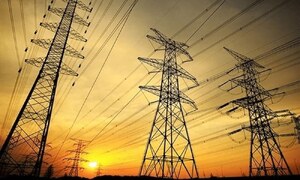
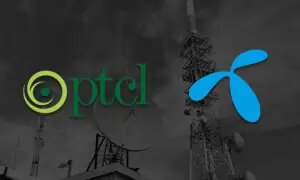
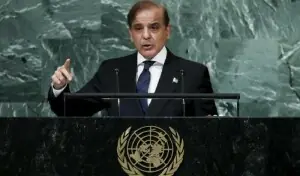

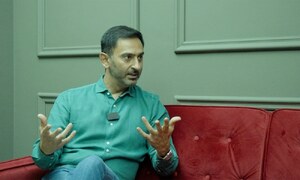
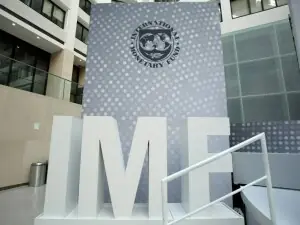
Comments
Comments are closed.